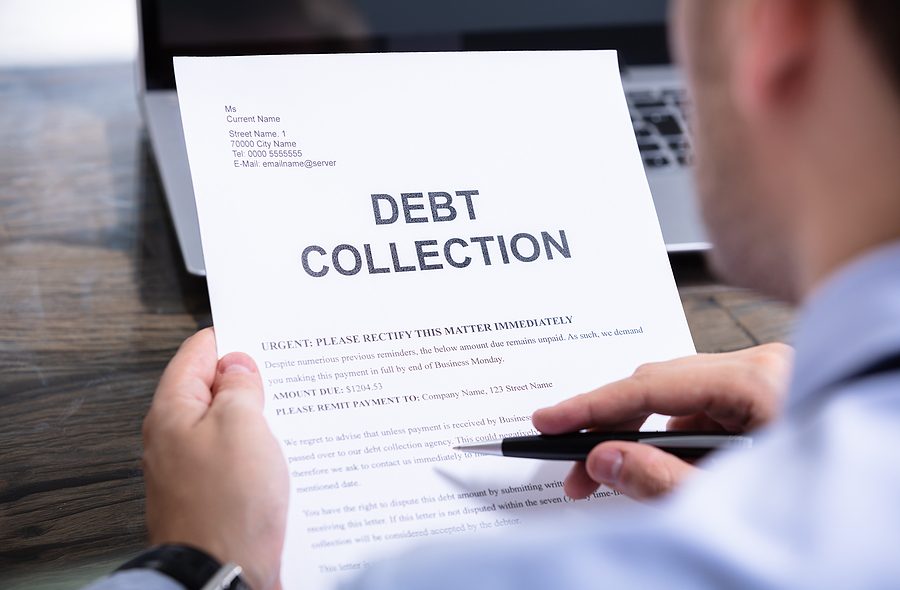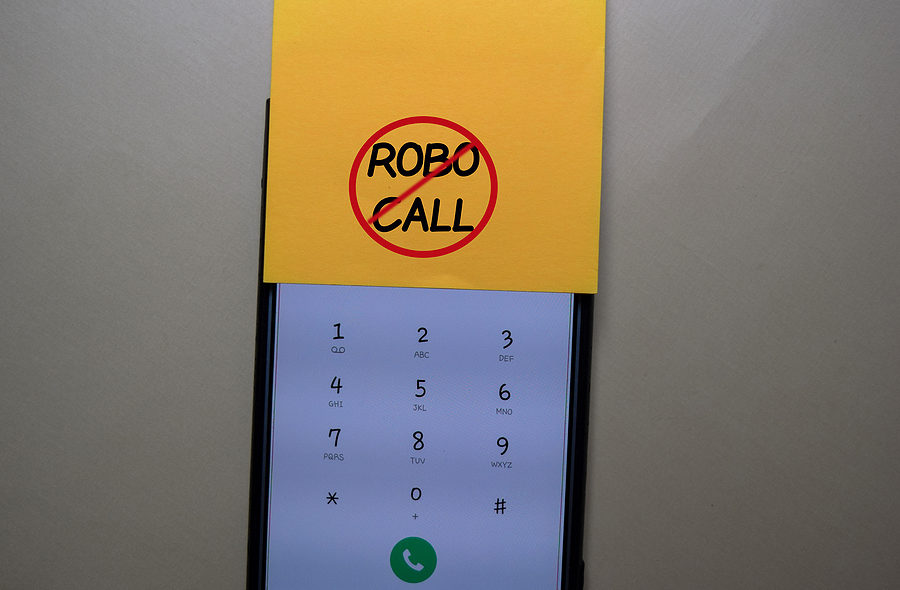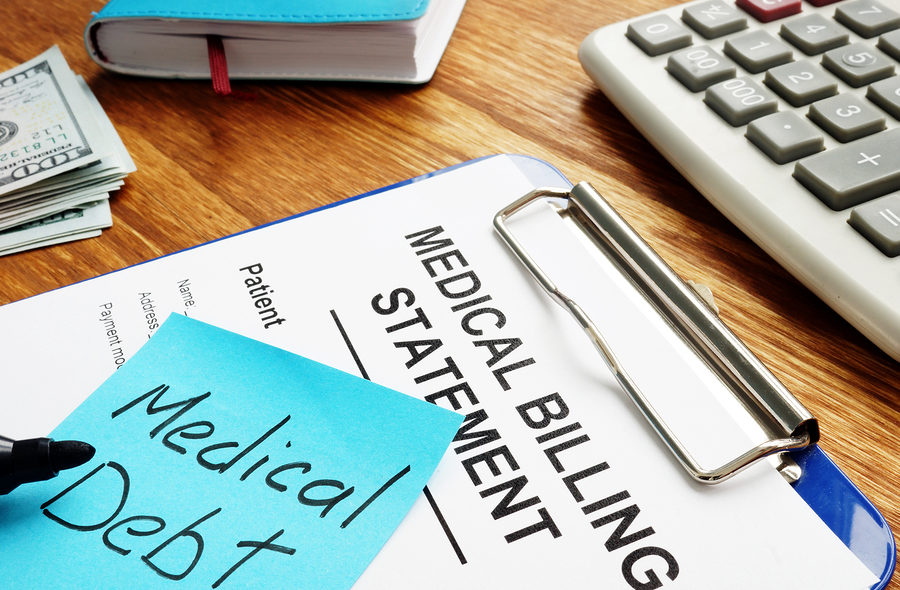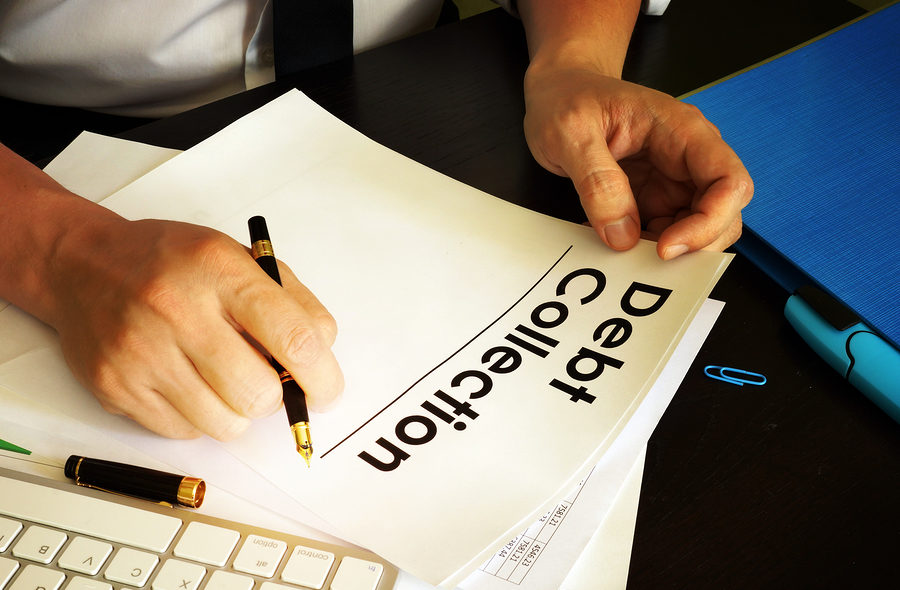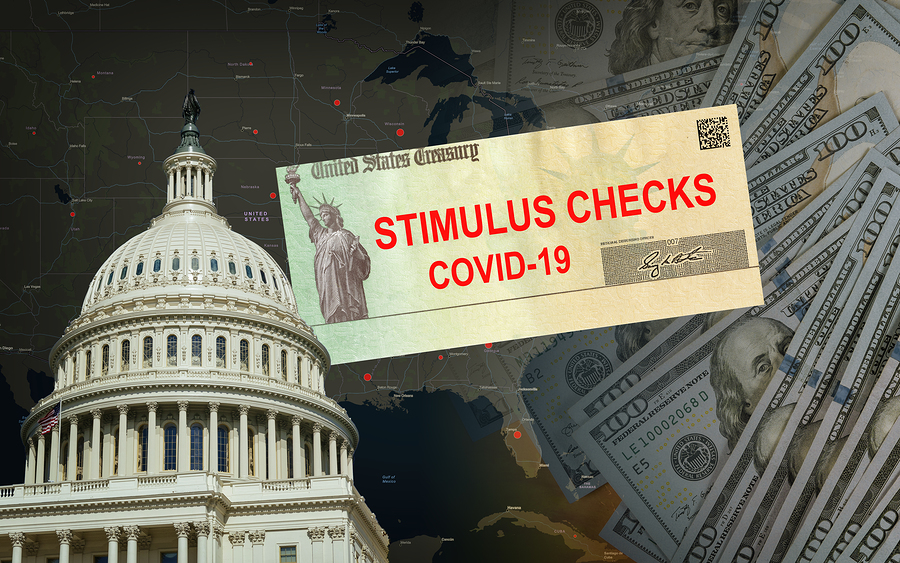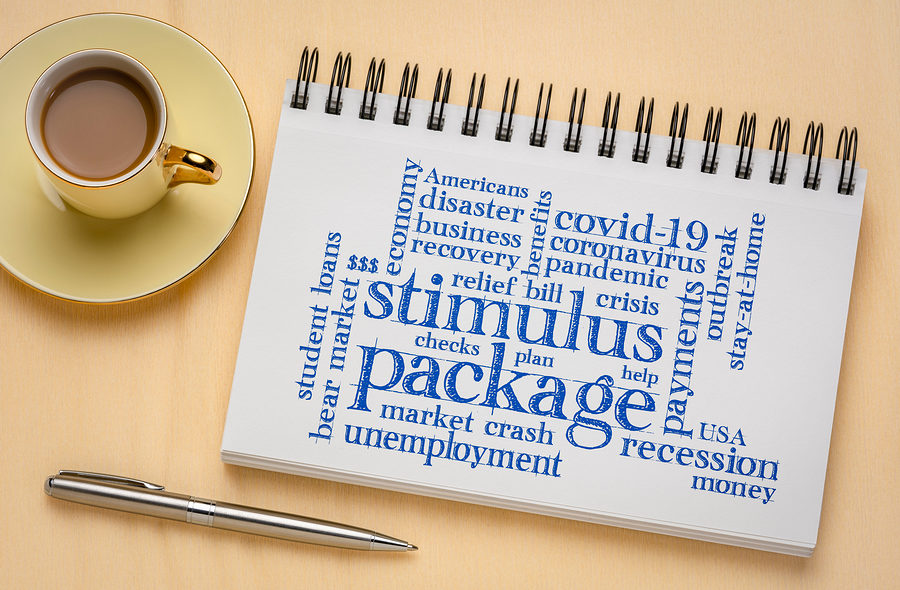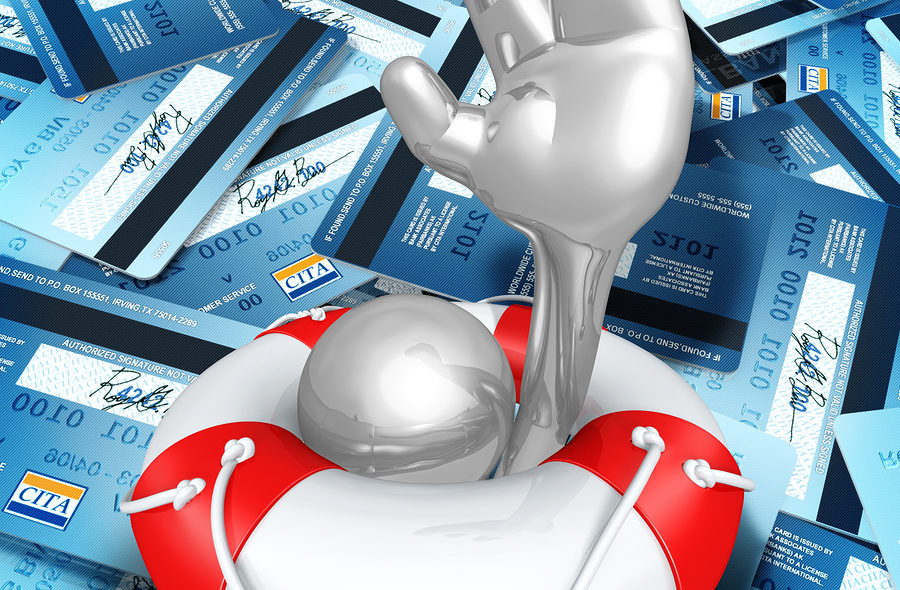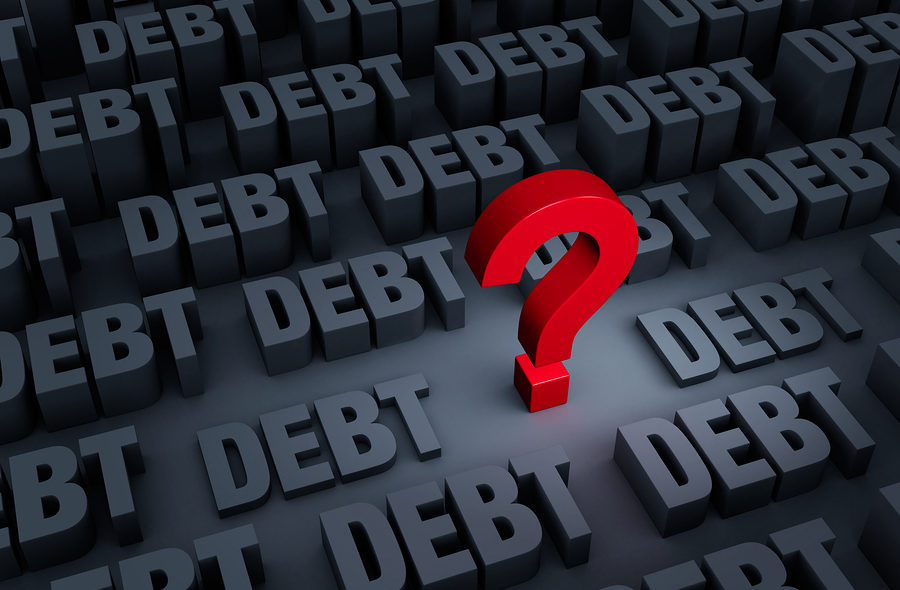When someone is facing debt collection, it is important that person knows his or her rights. The Fair Debt Collection Practices Act (FDCPA) is a federal law that protects consumers against unfair collection practices, including:
- Calling you repeatedly to annoy or harass you;
- Trying to collect more than you owe;
- Failing to send a written notice of the debt;
- Threatening violence, using profanity or offensive language;
- Threatening dire consequences (i.e. – lawsuits, criminal prosecution, wage garnishment, jail time, permanently ruining your credit);
- Calling you before 8 a.m. or after 9 p.m.;
- Revealing debt to third parties (i.e. – family, neighbors, friends, co-workers, etc.);
- Contacting you at your work, after you have requested them to stop;
- Failing to verify disputed debts;
- Ignoring cease communication requests.

